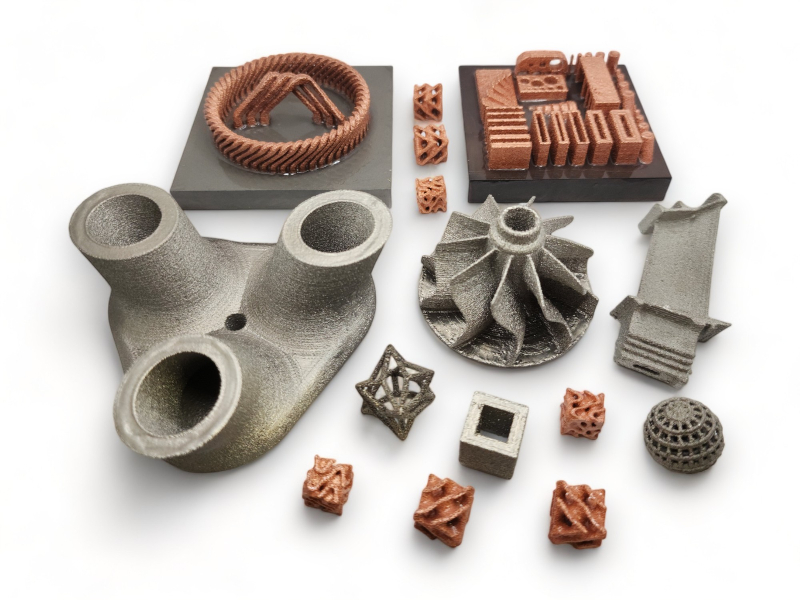The course deals with:
- Technologies and materials for metal additive manufacturing (with a focus on parameters and components in Laser Powder Bed Fusion, Electron Beam Powder Bed Fusion and Direct Energy Deposit),
- Technologies and material forms for polymer additive manufacturing (with a focus on parameters and components in Fused Deposit Modelling, stereolithography, binder/material jetting, selective laser sintering),
- Post-processing of metals and polymers in additive manufacturing
- Applications, design considerations and software for additive manufacturing
